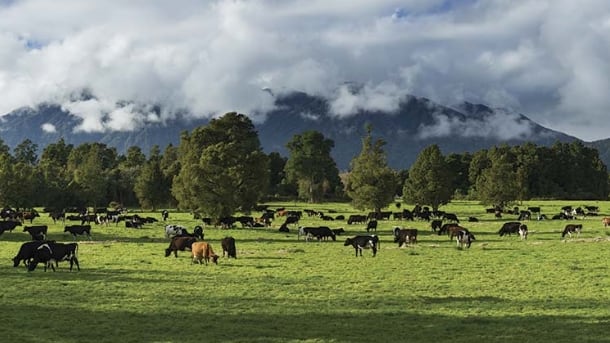Chairman Pete Morrison said the cooperative achieved NZ$3.3m (US$2.2m) profit before tax because of the decision to retain five cents.
“It was essential to retain a degree of payout to ensure a strong balance sheet and leave us options for capital expenditure to drive growth.”
Seeing improvements
He said the Westland Board acknowledged its milk payout wasn’t competitive and was focused on achieving parity in future.
“This year’s payout was at the lower end of our range and was affected by global commodity prices, the impact of Cyclone Fehi, and a strike at the Port of Lyttelton. We also didn’t meet our production and processing targets for the year. Top line sales were not as good as they could have been but we are seeing improvements with the new sales team in place and the benefit of improved processes.”
Morrison said the cooperative was reviewing its capital structure to respond to high debt and limited financial flexibility issues. He said the board would update shareholders on the review at its annual general meeting in December.
Reduced payout
Chief executive Toni Brendish said the cooperative had made performance improvements in 2017-18 in Right First Time manufacturing, along with process and efficiency improvements.
“Changes to our internal systems and processes will continue to help improve our performance and drive better outcomes in the coming year,” she said.
Morrison said the board has reduced the payout prediction for 2018-19 to NZ$6.50-NZ$6.90 (US4.32-US$4.58).
Brendish said Westland was now implementing its new five-year strategy, the key to which is milk segregation, and the continual focus on improving internal systems and process, which were now starting to deliver results.

